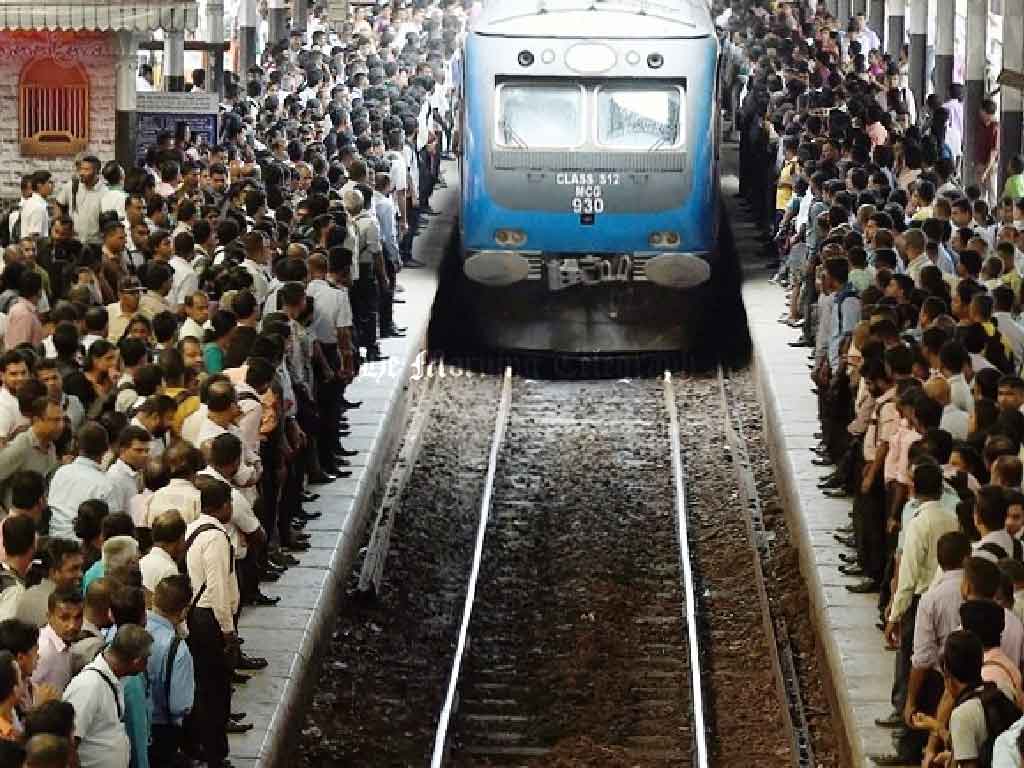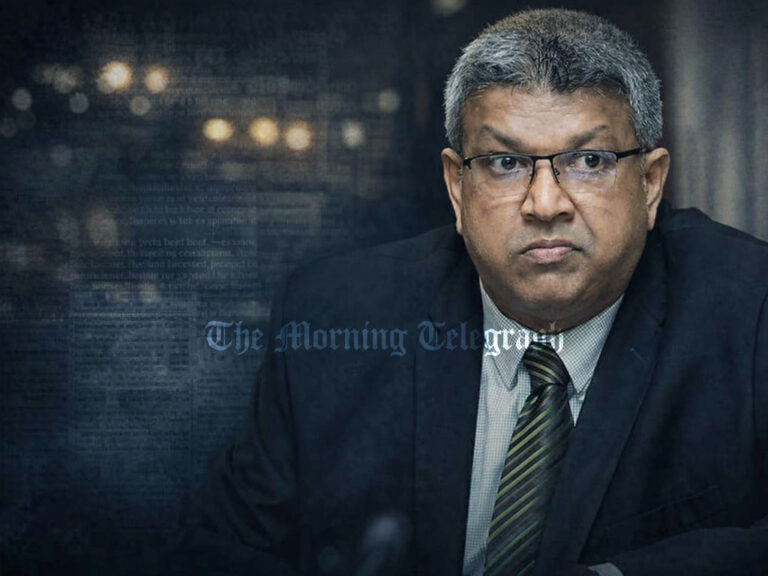
The 2023 audit report by the National Audit Office has exposed significant operational failures within the Sri Lanka Railways Department, revealing a troubling inability to meet its schedules and effectively serve the public. Of the 122,426 train journeys planned for the year, only 36,771 adhered to the timetable, while a staggering 85,655 were either delayed or canceled. Among these, 10,571 journeys were outright canceled, showcasing the department’s struggle to maintain reliability, with a punctuality rate of just 30%.
Passenger train services fared no better, with only 36,053 of the planned 113,759 journeys operating on time. This equates to a 70% failure rate, drawing criticism from passengers and staff alike. The Railways Department’s primary role of providing efficient passenger transport services has been deemed largely ineffective, with officials acknowledging that the department succeeded in just 30% of its objectives last year.
This audit was conducted under the National Audit Act No. 19 of 2018 and the Finance Act No. 38 of 1971, analyzing operations up to December 31, 2023. The findings confirm long-standing complaints from passengers, who have noted that trains rarely follow the timetable—a problem that dates back to the rail service’s inception in 1865. Despite being one of the oldest rail systems in the region, Sri Lanka Railways has struggled to modernize its services or improve its performance.
The report also criticized the department’s failure to expand its market share in national transportation. Currently, only 6% of passenger and 6.5% of goods transport is handled by rail, figures that have stagnated despite increasing demand for efficient and affordable transportation solutions.
A concerning trend highlighted in the audit is the shrinking of the railway network. In 1934, Sri Lanka’s railway spanned 1,521 kilometers. However, by 2023, this figure had declined by 56 kilometers to 1,456 kilometers, even after accounting for the 32-kilometer addition of the Matara-Beliatta extension. This decline points to a lack of sustained investment in infrastructure development and maintenance.
The Railways Department’s inability to address these challenges reflects broader systemic issues, including outdated infrastructure, ineffective management, and a lack of comprehensive planning. Calls for immediate reforms are mounting, with stakeholders emphasizing the need for modern technology, better management practices, and an increased focus on customer satisfaction.
As one of Sri Lanka’s most cost-effective transportation systems, the railway holds untapped potential to address the nation’s growing transportation needs. However, without urgent intervention and significant restructuring, these inefficiencies risk further undermining public trust and economic utility.




